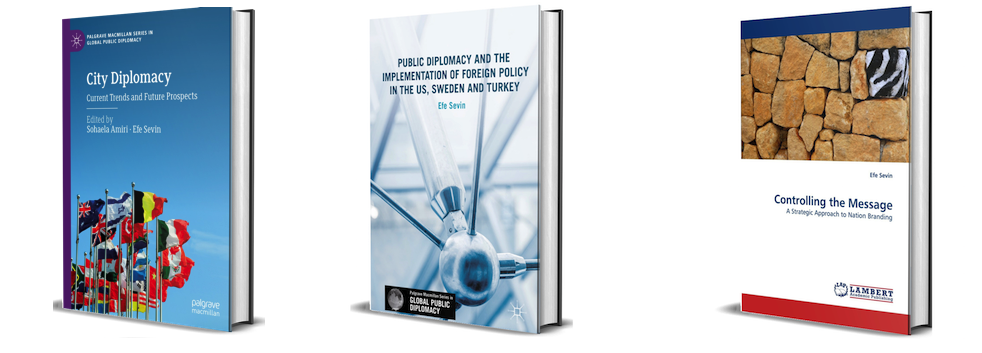Will I ever meet Dr. Snow? I am not sure. Will I be able to stop acting like a sixteen-year-old meeting a rock star if I ever face her? I doubt it.
Propaganda, Inc. is one of Dr.Snow’s books where she keeps her highly critical approach to public diplomacy. She tends to label all such attempts as being merely propaganda very easily. For instance, one of the few aspects of Bush administration I deeply respect, the importance they gave to creating an image in Arab and Islam world, is labeled as a “new propaganda war” (p.20).
The other instrument of U.S. intervention might be called “cultural imperialism”(p.29, by Michael Parenti) . When it comes to PD, I believe it is acceptable to approach all the attempts with an optimistic point of view, thus we rather listen to what U.S. or any other state is trying to say before accusing them.

What I like about Propaganda, Inc.
What I don’t like about Propaganda, Inc.
Overall, the book is a great resource on USIA and propaganda. During the last few pages, Dr. Snow amazingly lists 7 points for a citizen-based diplomacy (grass roots campaigns) and invites readers to get involved! Throwing my five cents to the discussion, sometimes contributing to the world politics and intercultural understanding is as easy as writing an e-mail, posting a blog entry, commenting on a news piece or talking to a foreigner on the street.
Just a quick note in regard to my previous post about scholar exchanges: “It is better to influence those who can influence others than attempt a direct appeal to the mass of the population” (p.34)
